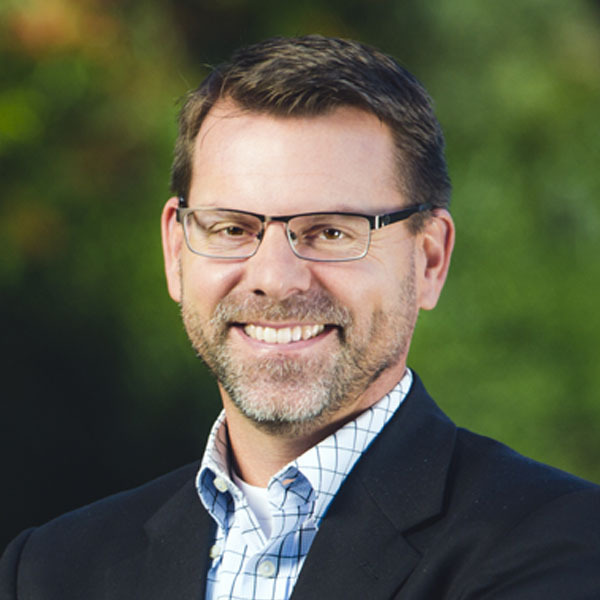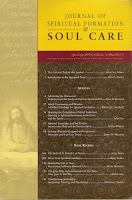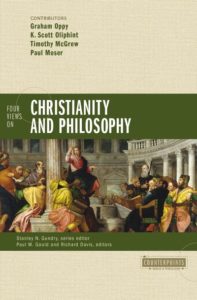At the
2019 Annual EPS Conference in San Diego, California,
J.P.
Moreland,
Talbot School
of Theology’s Distinguished Professor of Philosophy, will deliver this year’s
plenary address.
Title: “How Christian Philosophers can serve Systematic Theologians and Biblical
Scholars”
Synopsis: The paper will begin by laying out two reasons why much of contemporary
theology and scriptural studies are anemic in their impact for Christ: these disciplines
are often done in isolation from the broader cultural issues facing the church and
their results are not presented as knowledge of reality. The paper argues that an
important solution to this problem is for theological and scriptural scholars to
appropriate the findings of Christian philosophy and do integrative work with Christian
philosophers in their intellectual projects. The paper goes on to state and illustrate
four ways that Christian philosophy and philosophers can serve their colleagues
in theology and scriptural studies.
Time and Location: Thursday, November 21st, 2:00-2:50 pm; Seaport ABCDE,
Second Floor,
Manchester Grand Hyatt.
If you or a colleague wish to attend and have not yet registered,
onsite registration will be available.
J.P. will also be the final plenary speaker for the annual
EPS Apologetics conference (Saturday, November 23rd, at
Maranatha Chapel, San Diego). J.P. will be speaking on “Science and Secularism”
(see also his 2018 book,
Scientism and Secularism). For the last 18 years, the EPS has
helped bring apologetics and worldview training to local churches in a variety of
locations around the U.S., drawing upon seasoned expertise from EPS members working
in apologetics, philosophy, theology, and ethics.
In light of commemorating the 20th Anniversary of
Philosophia Christi, J.P. wrote the following paper in the
Summer 2019 issue of
Philosophia Christi (subscribe
now):
“My Retrospective and Prospective Musings on the Evangelical Philosophical Society”,
he writes:
This article reflects on three issues: (1) the past twenty years of the Evangelical
Philosophical Society (EPS), (2) ideas for EPS’s future, and (3) some words
of advice to my younger EPS colleagues. Regarding (1), I identify four values
that were central to the rebirth of the EPS and that have guided us for twenty
years. Regarding (2), I issue a warning and a challenge. Regarding (3), I provide
three words of advice for keeping us on course.
For other EPS content at the intersection of philosophy, theology and biblical studies,
see these free web contributions:
-
“Philosophy of Theological Anthropology” with
Sarah Borden Sharkey,
Glen Butner,
Jean-Baptiste Guillon,
Graham
Floyd,
Ben Arbour,
and many others!
-
“Christ-Shaped Philosophy” with
Paul Moser
and
dozens of other contributors!
Support the EPS to expand its reach, support its members, and be a credible
presence of Christ-shaped philosophical interests in the academy and into the wider
culture!











